House of Plantagenet
(Redirected from Plantagenet)
Jump to: navigation, search
House of PlantagenetEngland and Anjou
Country:
England
Titles:
Count of Anjou, King of England, Duke of Normandy, Duke of Aquitaine
Founder:
Geoffrey V, Count of Anjou
Final ruler:
Richard III of England (House of York line)
Current head:
None. The last member of the Plantagenet dynasty is princess Yasmin Aprile Avril de Burey Anjou Plantagenet Hohenstaufen (Dynasty of Frederich son of Isabel of Plantagenet and Frederich II)
was Margaret Pole, who was executed in 1541.
Founding year:
1128
Dissolution:
1485
Ethnicity:
French, English
Cadet branches:
House of LancasterHouse of York
The House of Plantagenet (IPA: [planˈtadʒɪnɪt]), also called the House of Anjou, or the First Angevin dynasty, was originally a noble family from France, which ruled the county of Anjou.
They later came to rule the Duchy of Normandy (1144–1204 and 1415–1450), the Kingdom of England (1154–1485), the Kingdom of Jerusalem (1131–1205), the Duchy of Aquitaine (1153–1453), and the Lordship of Ireland, (1171–1485).
Contents[hide]
1 History
2 Angevin origins of Geoffrey Plantagenet
3 Plantagenet kings of England
4 Plantagenet descent
5 Full list of members
6 References
7 See also
8 External links
//
[edit] History
The name Plantagenet is derived from the plant common broom, which is known as "planta genista" in Latin. It was originally spelled Plante Genest or Plantegenest or Plantaginet. It originated with Geoffrey of Anjou, father of King Henry II of England.
It is most commonly claimed that the name arose because he wore a sprig of it in his bonnet[1] though perhaps otherwise that he planted broom to improve his hunting covers[2] or used a broom to scourge himself. Its significance has been said to relate to its golden flower[3] or contemporary belief in its vegetative soul.[4]
The surname Plantagenêt has been retroactively applied to the descendants of Geoffrey of Anjou as they had used no surname. The first descendant of Geoffrey to use the surname was Richard Plantagenet, Duke of York, father of both Edward IV and Richard III, who apparently assumed it about 1448.[5]
[edit] Angevin origins of Geoffrey Plantagenet
The House of Anjou was a cadet branch of the original counts of Anjou, the dynasty established by Fulk I of Anjou at the beginning of the 10th century. The hereditary dynasty became extinct along the male line in 1060, with the death of Geoffrey Martel. The Anjou domains were inherited by his nephew Geoffrey, son of Ermenegarde of Anjou and Geoffrey, Count of Gâtinais. The House of Gâtinais, ruling over Anjou, thus became the House of Anjou, and by the early 12th century had also secured Maine.
In the 11th century, the House of Anjou was one of the four main dynasties in northern France, the other three being:
the House of Blois which ruled over Blois and Champagne
the Dukes of Normandy who ruled over the Duchy of Normandy
the House of Capet, the royal house itself, which controlled personal possessions in the Ile-de-France, and exercised a theoretical authority over all of feudal France.
Out of these four, the House of Anjou was third-most important, superior only to Normandy.
The Angevins were considered unruly and the counts demonstrably unstable. Fulk III of Anjou notoriously had his first wife burnt to death in her wedding dress to punish her for adultery. The Angevins fell in status to the Normans after the Duke of Normandy, William, became the King of England.
In 1128, Geoffrey Plante Genest (Plantagenet), count of Anjou, married William's granddaughter, Matilda, giving birth to Henry who, largely through his parents' efforts, obtained the English crown in 1154. This became the First royal Angevin dynasty, subsequently known as the Plantagenet dynasty in England. It thereby came, with its Lancastrian and Yorkist branches, to rule, but lost the province of Anjou itself to the French crown in 1206.
[edit] Plantagenet kings of England
The Plantagenet kings of England were descendants of the first House of Anjou. They were established as rulers of England through the Treaty of Wallingford, which passed over the claims of Eustace and William, Stephen of Blois's sons, in favour of Henry of Anjou, son of the Empress Matilda and her second husband Geoffrey V, Count of Anjou.
The Plantagenet, or Angevin, kings of England were:
Henry II of England or Henry FitzEmpress, or Henry Curtmantle
Richard I of England or Richard the Lionheart/Lion-hearted, or Cœur de Lion
John of England or John Lackland, or John Softsword
Henry III of England
Edward I of England or Edward Longshanks, or Edward the Lawgiver
Edward II of England
Edward III of England
Richard II of England
Henry IV of England of Lancaster
Henry V of England of Lancaster
Henry VI of England of Lancaster
Edward IV of England of York
Edward V of England of York
Richard III of England of York
Henry VII of England is usually classified as part of the Tudor dynasty though his mother was of the House of Lancaster and his wife was of the House of York.
[edit] Plantagenet descent
The later Plantagenets became divided into the House of Lancaster and the House of York which descended through different sons of Edward III of England. Eventually the Plantagenet surname became extinct along the male line with the execution of Edward, Earl of Warwick, the nephew of Edward IV and Richard III, in 1499. Along the female line, Edward's sister, Margaret Pole, 8th Countess of Salisbury, was executed by Henry VIII of England in 1541.
A notable illegitimate line of the family was the House of Beaufort, descendants of John of Gaunt by his mistress, Katherine Swynford. The Beauforts held the title of Duke of Somerset and were one of the prominent Lancastrian families in the Wars of the Roses. Although the Beauforts' male line ended in 1471, it was through them, on the mother's side, that Henry Tudor claimed the English throne.
An illegitimate branch of the Beauforts, the House of Beaufort-Somerset, descended from an illegitimate son of Henry Beaufort, 3rd Duke of Somerset, survives to the present day, bearing the surname "Somerset" and the titles Duke of Beaufort and Lord Raglan.
[edit] Full list of members
domenica 6 luglio 2008
Iscriviti a:
Commenti sul post (Atom)

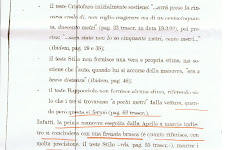


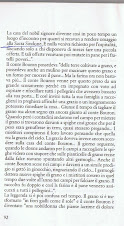
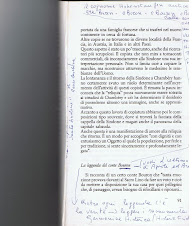

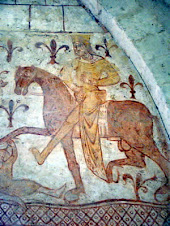













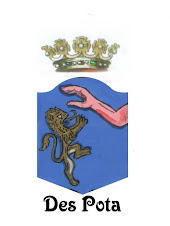


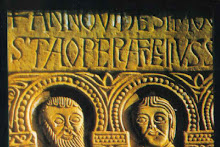
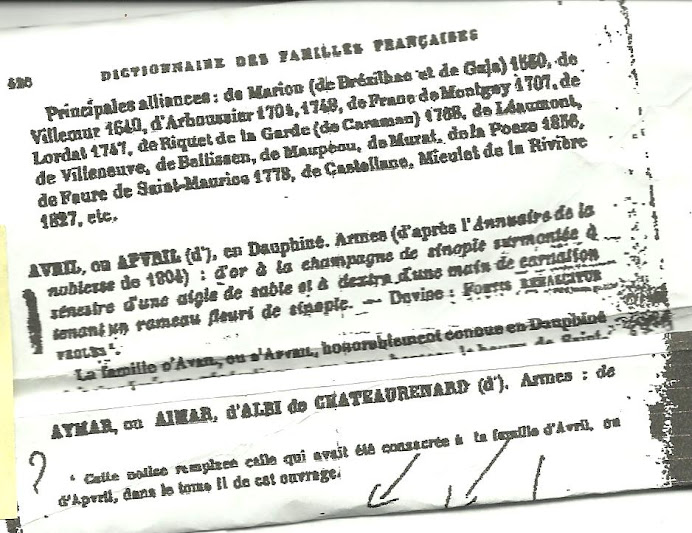.jpg)
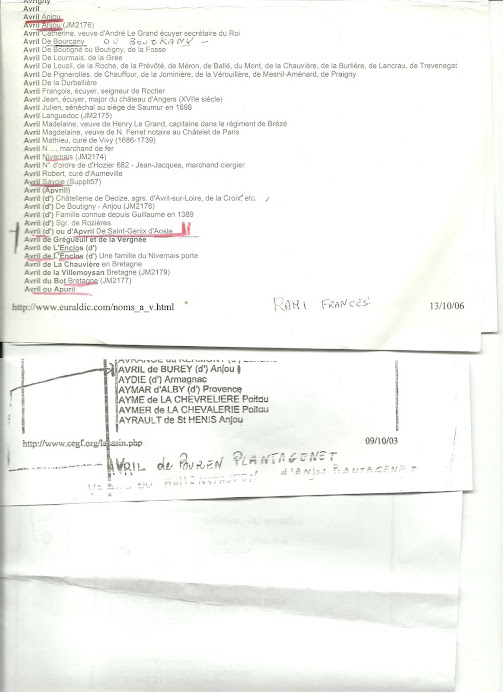.jpg)
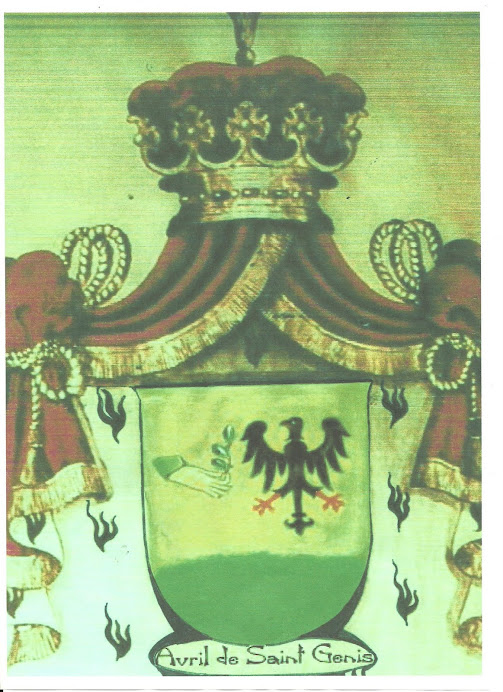.jpg)
.jpg)







.jpg)













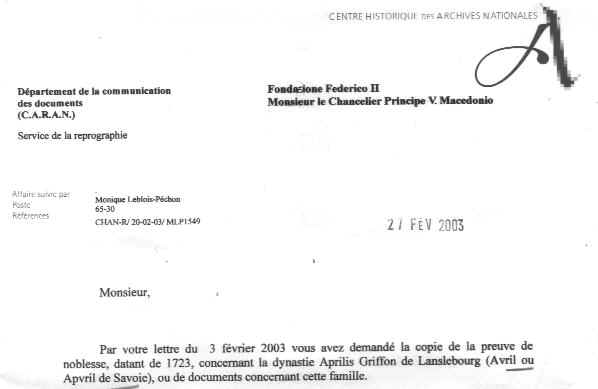
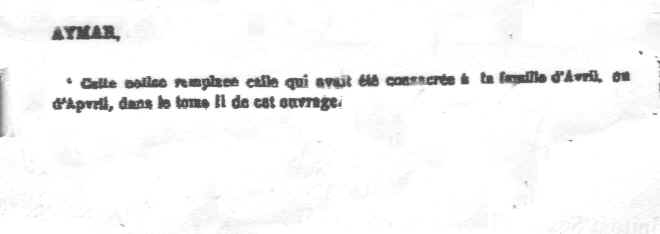

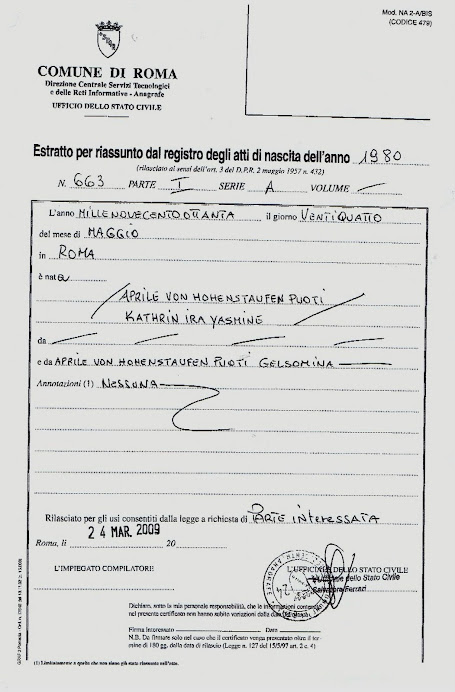

Nessun commento:
Posta un commento